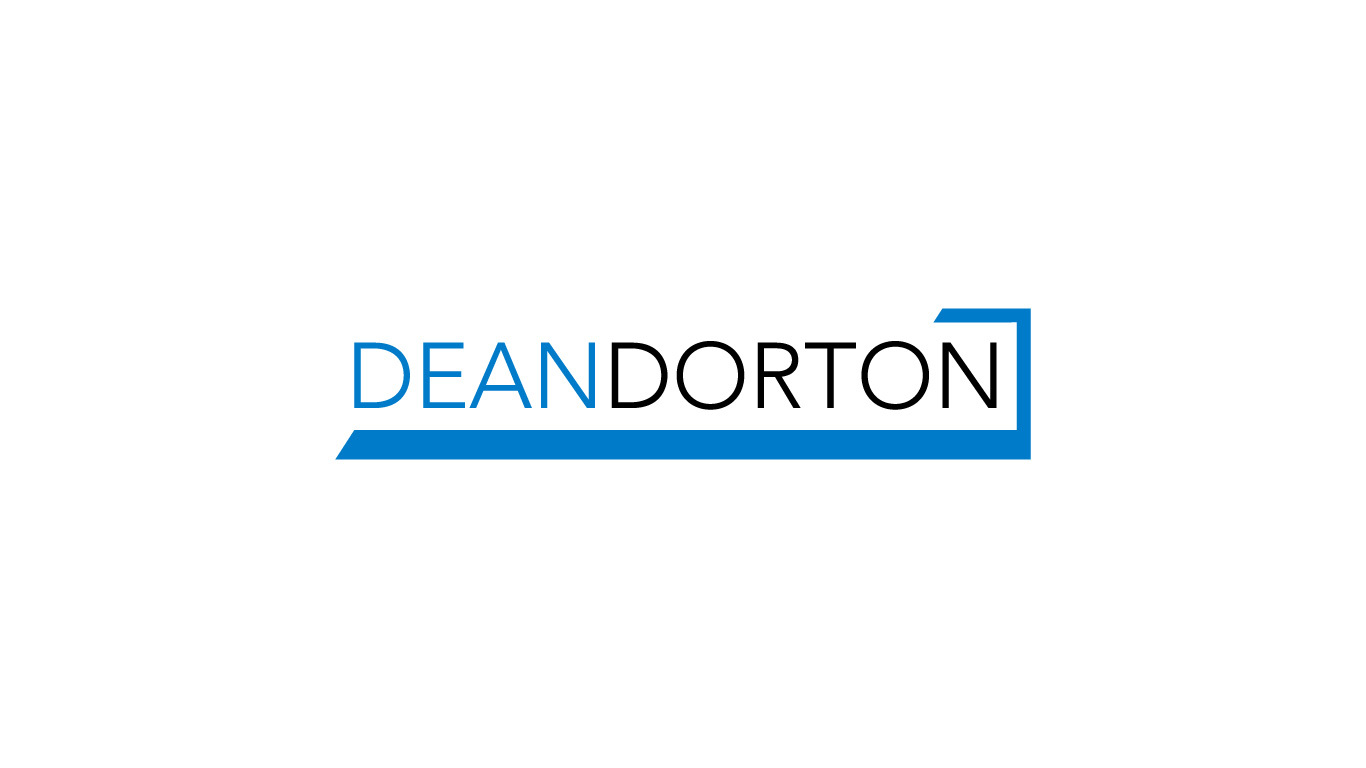In late December 2020, the Office of Management and Budget (OMB) released the much-anticipated addendum to the 2020 OMB Compliance Supplement. The addendum’s main focus is COVID-19 awards that were funded under the following Acts:
- Coronavirus Preparedness and Response Supplement Appropriations Act
- Families First Coronavirus Response Act
- Coronavirus Aid, Relief, and Economic Security Act (CARES)
- Paycheck Protection Program and Health Care Enhancement Act
The addendum is effective for fiscal years beginning after June 30, 2019 and should be in used in conjunction with the original issued 2020 Compliance Supplement from August 2020. Additionally, it provides for a three-month extension for any entity with year ends through September 30, 2020 that received COVID-19 funding.
The OMB also added requirements related to the testing of the Federal Funding Accountability and Transparency Act (FFATA) reporting.
From a higher education perspective, there is specific guidance related to presentation of the schedule of expenditures of federal awards (SEFA). On the SEFA, all COVID-19 funding should be specifically identified as such and the individual breakdown of program number 84.425, which includes both the Education Stabilization Fund and Higher Education Emergency Relief Funds, should be presented on individual line items and disaggregated based upon the ‘lettered’ distinctions of A through P.
For the Education Stabilization Fund (ESF), compliance requirements include Activities Allowed or Unallowed; Allowable Cost Principles; Cash Management; Matching, Level of Effort, and Earmarking; Reporting; and Subrecipient Monitoring. For the Higher Education Emergency Relief Fund (HEERF), compliance requirements include Activities Allowed or Unallowed; Allowable Cost Principles; Matching, Level of Effort and Earmarking; Period of Performance; Procurement Suspension & Debarment; and Reporting. Although the Department of Education and OMB have identified each of the areas as potential areas of compliance, it is up to the auditor to determine which requirements are direct and material (i.e. required to be audited) to the individual institution based upon their application of the funding.
Key areas institutions should focus on in preparation for audit testing include the following:
- Well-documented policies and procedures around the use of funds and decisions made by each institution
- Internal controls related to each applicable compliance area
- Detailed listing of expenditures and calculations
- Compliance with reporting and other requirements
Dean Dorton is always available to consult and help prepare for the single audit related to the funds.
Lance Mann, CPA, CFE, CGMA
Assurance Director
lmann@deandorton.com | 502.566.1005







